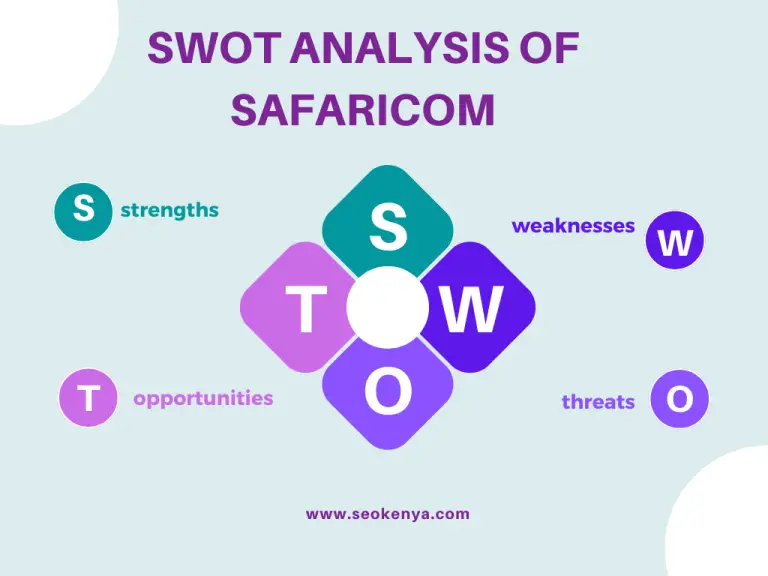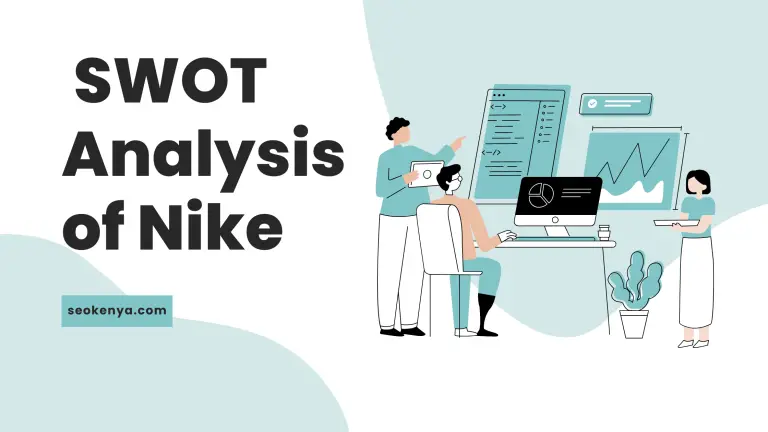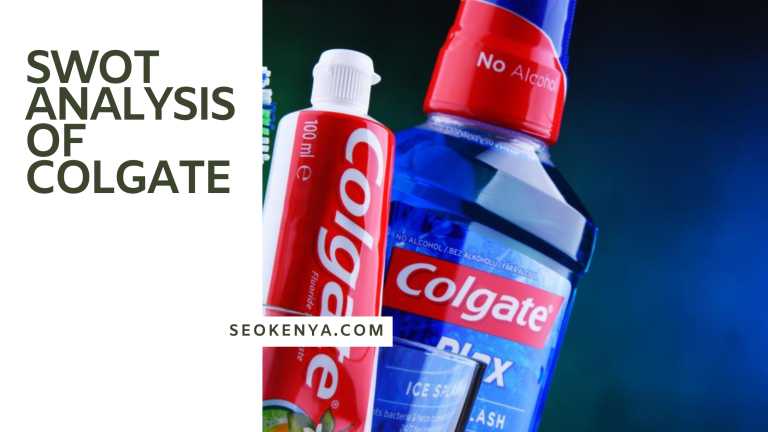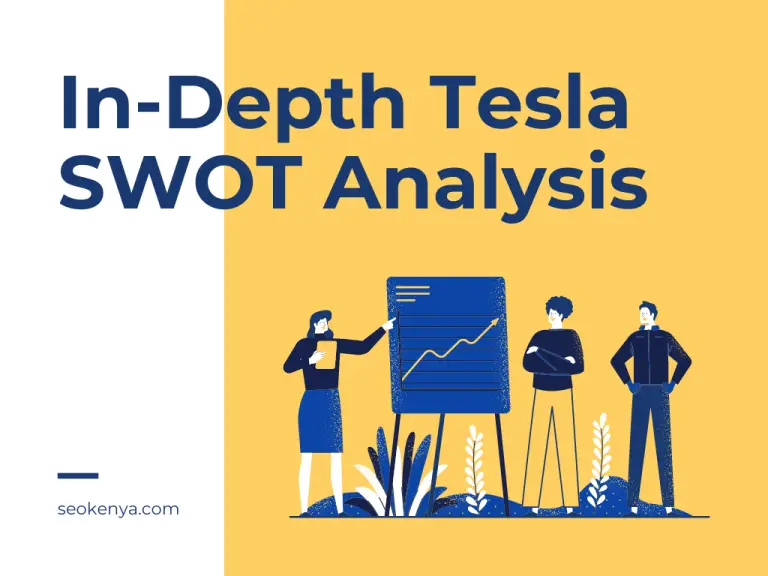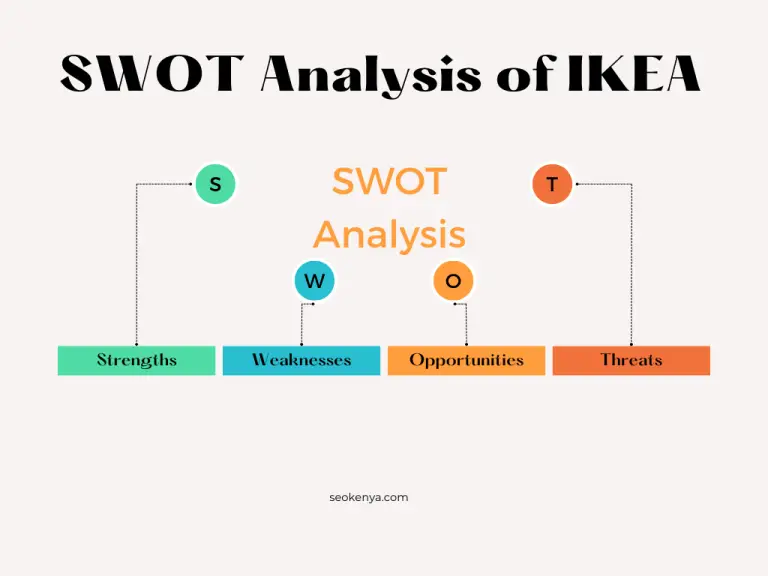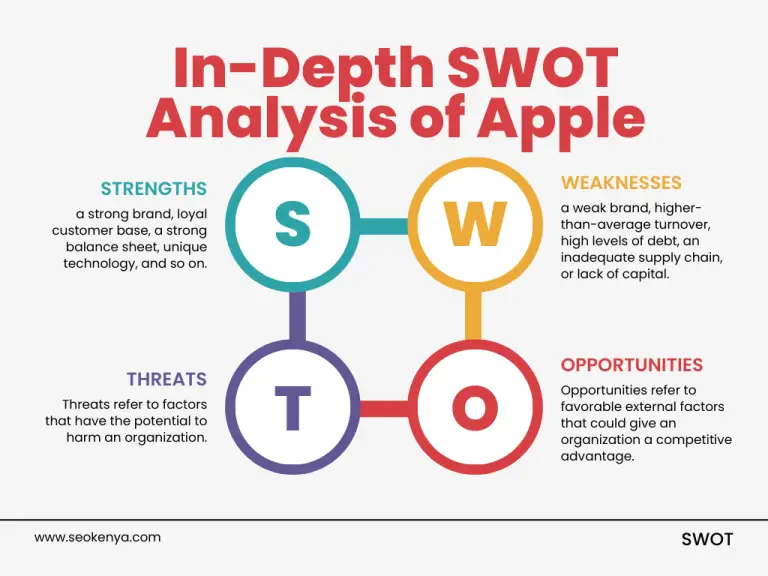In-Depth SWOT Analysis of InBev Beers; Strengths, Weaknesses, Opportunities & Threats For InBev Beers
InBev is a multinational company that specializes in the production and distribution of beer products.
Anheuser-Busch InBev SA/NV is the largest beer company in the world, formed through the merger of Anheuser-Busch and InBev in 2008. The company has a global presence and a diverse portfolio of well-known beer brands, including Budweiser, Corona, Stella Artois, and many others.
AB InBev has a strong focus on innovation, marketing, and expanding its presence in various markets worldwide.
Inbev Beers Company Profile
Here’s a profile summary of Anheuser-Busch InBev (AB InBev) presented in a table:
| Attribute | Value |
| Company Name | Anheuser-Busch InBev SA/NV (AB InBev) |
| Founded | 2008 (through the acquisition of Anheuser-Busch by InBev) |
| Headquarters | Leuven, Belgium |
| Industry | Alcoholic Beverages (Beer) |
| Products | Beers (Budweiser, Corona, Stella Artois, Becks, Hoegaarden, Leffe, and many others) |
| Major Brands | Budweiser, Corona, Stella Artois, Becks, Hoegaarden, Leffe, Michelob, Busch, Bud Light, and more |
| CEO | Michel Doukeris (since July 2021) |
| Employees | Approximately 169,000 (as of 2021) |
| Revenue | $57.8 billion (2022) |
| Net Income | $4.6 billion (2022) |
| Market Cap | Approximately $114 billion (as of March 2023) |
| Stock Exchange | Euronext: ABI, NYSE: BUD |
With a global presence and a well-established brand, InBev has become a dominant player in the beer market.
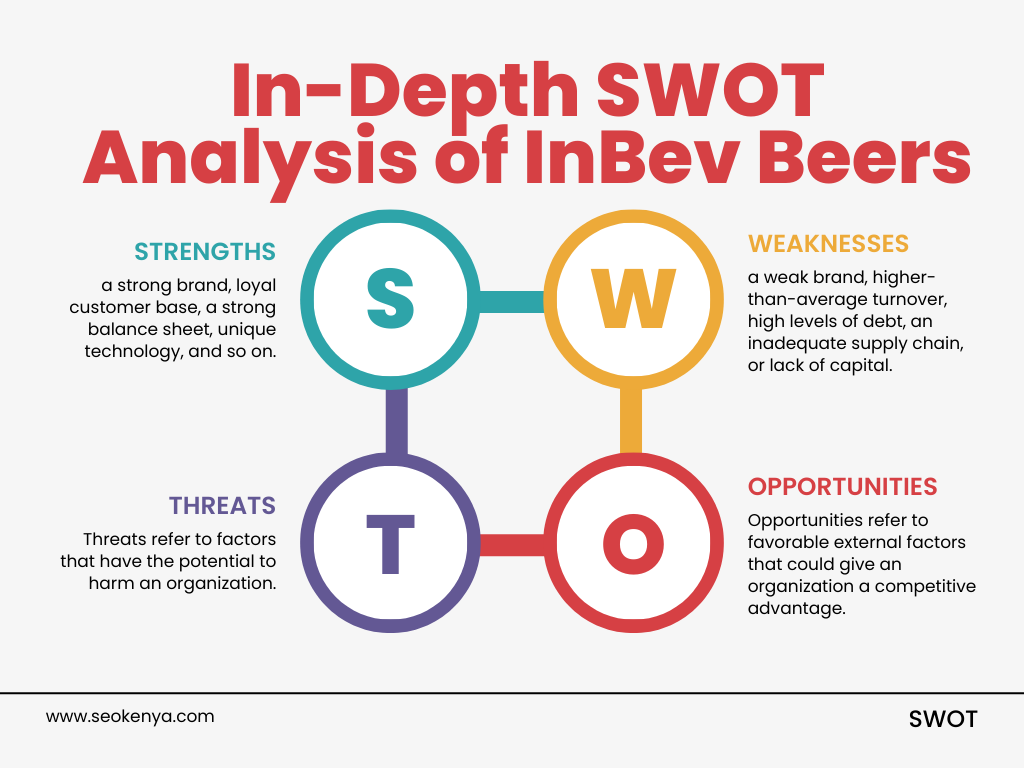
However, like all companies, InBev faces both strengths and weaknesses, opportunities and threats. In this article, we will provide a comprehensive SWOT analysis of InBev Beers.
Strengths of InBev Beers
- Strong brand recognition: InBev has a well-established brand that is recognized globally. This allows the company to command a premium price for its products and enjoy a loyal customer base.
- Diversified product portfolio: InBev offers a wide range of beer products, including both domestic and imported brands. This diversity allows the company to cater to a wide range of customer preferences and generate consistent revenue streams.
- Extensive distribution network: InBev has an extensive distribution network that spans across multiple countries. This allows the company to reach a large customer base and increase its market share.
- Experienced leadership: InBev has a strong leadership team with extensive experience in the beer industry. This experience allows the company to make informed decisions and navigate the market effectively.
- Global Reach: The company operates in over 50 countries and has a strong global presence, which allows it to access a large and diverse customer base.
- Economies of Scale: As one of the largest beer companies in the world, AB InBev benefits from economies of scale, which allows the company to reduce its costs and increase its profitability.
Weaknesses of InBev Beers
- Dependence on a single product: InBev is heavily dependent on beer as its primary source of revenue. This dependence makes the company vulnerable to market fluctuations and changes in consumer preferences.
- Intense competition: InBev operates in a highly competitive market, with many other players vying for market share. This intense competition can lead to lower margins and decreased profitability.
- Limited presence in emerging markets: InBev has limited presence in emerging markets, where there is significant growth potential. This limits the company’s ability to tap into these markets and increase its market share.
- High production costs: The production of beer is a capital-intensive process, and InBev incurs high production costs. This can negatively impact the company’s bottom line and limit its profitability.
- High Debt: AB InBev has a high level of debt, which can limit the company’s ability to invest in new growth opportunities.
- Regulatory Challenges: The company operates in a highly regulated industry, and it faces challenges from changing regulations and taxes, which can impact its profitability.
Opportunities of InBev Beers
- Expansion into emerging markets: There is significant growth potential in emerging markets, and InBev can expand its presence in these markets to increase its market share and revenue.
- Development of new products: InBev can invest in the development of new beer products to cater to changing consumer preferences and stay ahead of the competition.
- Expansion into Non-Alcoholic Beverages: The company has the opportunity to expand into non-alcoholic beverages, which could provide a new source of growth and diversify its product portfolio.
- Sustainability Initiatives: There is growing interest in sustainable and environmentally friendly products, and AB InBev has the opportunity to capitalize on this trend by incorporating sustainable practices into its operations.
- Increasing Demand for Craft Beer: The demand for craft beer is increasing, and AB InBev has the opportunity to tap into this growing market by acquiring or investing in craft beer brands.
- Strategic partnerships: InBev can form strategic partnerships with other companies in the beer industry to increase its reach and strengthen its position in the market.
- Increased focus on sustainability: With growing consumer awareness about sustainability, InBev can increase its focus on sustainability initiatives to improve its brand image and attract environmentally conscious customers.
Threats of InBev Beers
- Changes in consumer preferences: Consumer preferences can change quickly, and InBev must stay on top of these changes to remain relevant in the market.
- Fluctuations in raw material prices: The price of raw materials used in the production of beer can fluctuate, and InBev must effectively manage these fluctuations to maintain its profitability.
- Government regulations: InBev operates in a highly regulated industry, and changes in government regulations can negatively impact the company’s operations and profitability.
- Political and Economic Instability: The company operates in a global environment, and it faces the risk of political and economic instability in some of the countries in which it operates, which could impact its operations and profitability.
- Increased Health Awareness: The growing awareness of the health risks associated with alcohol consumption could negatively impact the demand for beer.
Conclusion
InBev is a well-established player in the beer industry, with a strong brand, diversified product portfolio, and extensive distribution network.
However, the company faces several weaknesses, including dependence on a single product and intense competition. To overcome these challenges, InBev must take advantage of its opportunities, such as expanding into emerging markets, developing new products, and focusing on sustainability initiatives.
The company must also be aware of and prepared for potential threats, such as changes in consumer preferences and economic downturns.
In conclusion, the SWOT analysis of InBev Beers highlights both the strengths and weaknesses of the company and provides a clear picture of the opportunities and threats it faces in the market.
By understanding its strengths and weaknesses, InBev can make informed decisions and develop strategies to maintain its position as a leading player in the beer industry.
